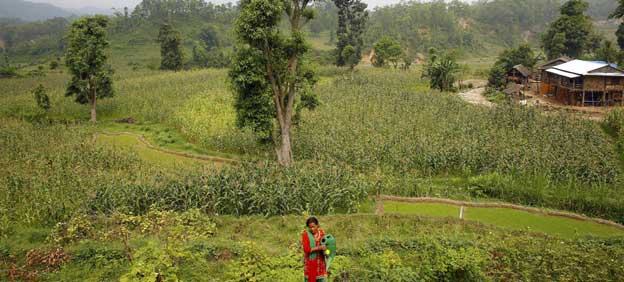
As Nepal grapples with the effects of climate change, sustainable living practices are becoming more than just a trend—they are a necessity. From urban households to rural communities, individuals are increasingly adopting eco-friendly habits to reduce their environmental footprint.
One key area of transformation is waste management. Kathmandu Valley alone generates over 1,000 tons of waste daily, much of which ends up in landfills. To tackle this issue, local organizations like Doko Recyclers and Clean Up Nepal have been working to educate the public about waste segregation, recycling, and composting. Many households now segregate biodegradable and non-biodegradable waste, reducing the volume of trash that ends up in landfills.
Similarly, the use of renewable energy is on the rise. Solar power installations in both urban and rural areas have increased as the government offers subsidies for solar home systems. These systems have been particularly impactful in remote villages where access to the national grid is limited. By switching to solar energy, communities are not only reducing their reliance on firewood, a major cause of deforestation, but also minimizing carbon emissions.
Another significant shift is occurring in the agriculture sector. Farmers across Nepal are turning to organic farming methods, utilizing natural fertilizers like compost and biochar to enhance soil fertility. This shift not only improves crop yields but also reduces the harmful effects of chemical pesticides and fertilizers on the environment.
Nepal’s commitment to sustainable living is further reinforced by government policies that promote green building practices, energy efficiency, and water conservation. With a growing awareness of the need for sustainability, the country is taking steps towards a greener, more resilient future. However, continued efforts are essential to ensure that sustainable living becomes the norm across all sectors of society